Download Voting with a Difference, our free, straightforward guide to voting in the 2019 federal election. Pages 9 to 16 have information about registering to vote. The guide has all kinds of other useful information, too!
Registering to vote
You need to be registered with Elections Canada to vote in a federal election. Registering to vote is letting Elections Canada know who you are and where you live so that you are voting in the right riding, and you are only voting once.
- If you voted in the last general election and haven’t moved, you’re probably registered.
- If you’ve never voted before, moved since the last general election, or are living away from home, you may need to register or update your voter information.
You do not need to register every time there is a federal election. Once the election is called, it is a good idea to check if you are registered, and to make sure your address information is up to date.
All registered electors will get a voter information card in the mail about two weeks before election day. It tells them where and when they can vote.
Why should I register BEFORE I go to vote?
You must be registered to vote. You can register before you go to vote or at the same time as when you go to vote. Here are some reasons why you may want to register before you go to vote:
- It will be quicker for you to vote if you are already registered. Save time on election day by making sure you’re registered ahead of time.
- If you’re registered, Elections Canada will mail you a voter information card after the election has been called. This card tells you where and when you can vote and how accessible your polling station is. This card can be used as one of two pieces of ID you need to vote. If you are not registered before you vote or if your address information is wrong, you won’t receive one of these cards.
Am I registered to vote?

Yes
You’ll receive a voter information card in the mail that tells you where and when you can vote.

No / Don’t know
Visit elections.ca or call 1-800-463-6868 to register or update your voter information. You can also register when you go to vote.
If you’re not sure if you’re registered to vote, or if you don’t know if your registration is up to date, you can call Elections Canada at 1-800-463-6868 or 1-800-361-8935 (TTY), or you can check online through Election Canada’s Voter Registration Service.
What if I know I’m not registered to vote?
Register before you go to vote
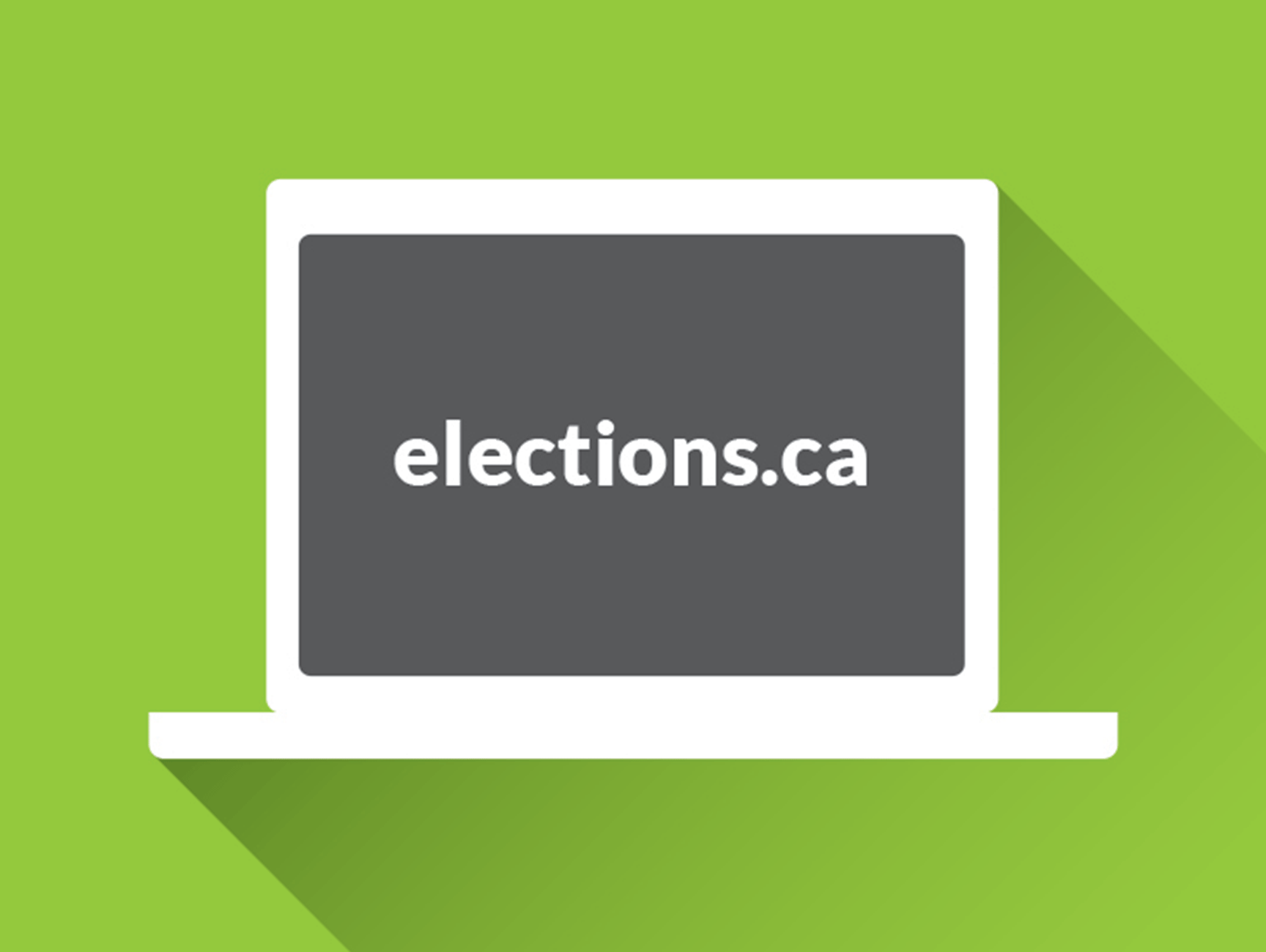
Online
Visit elections.ca and use the Voter Registration Service to register or update your voter registration.
If you’re registered, you will get a voter information card in the mail after the
election is called. It tells you where and when you can vote.
Register when you go to vote
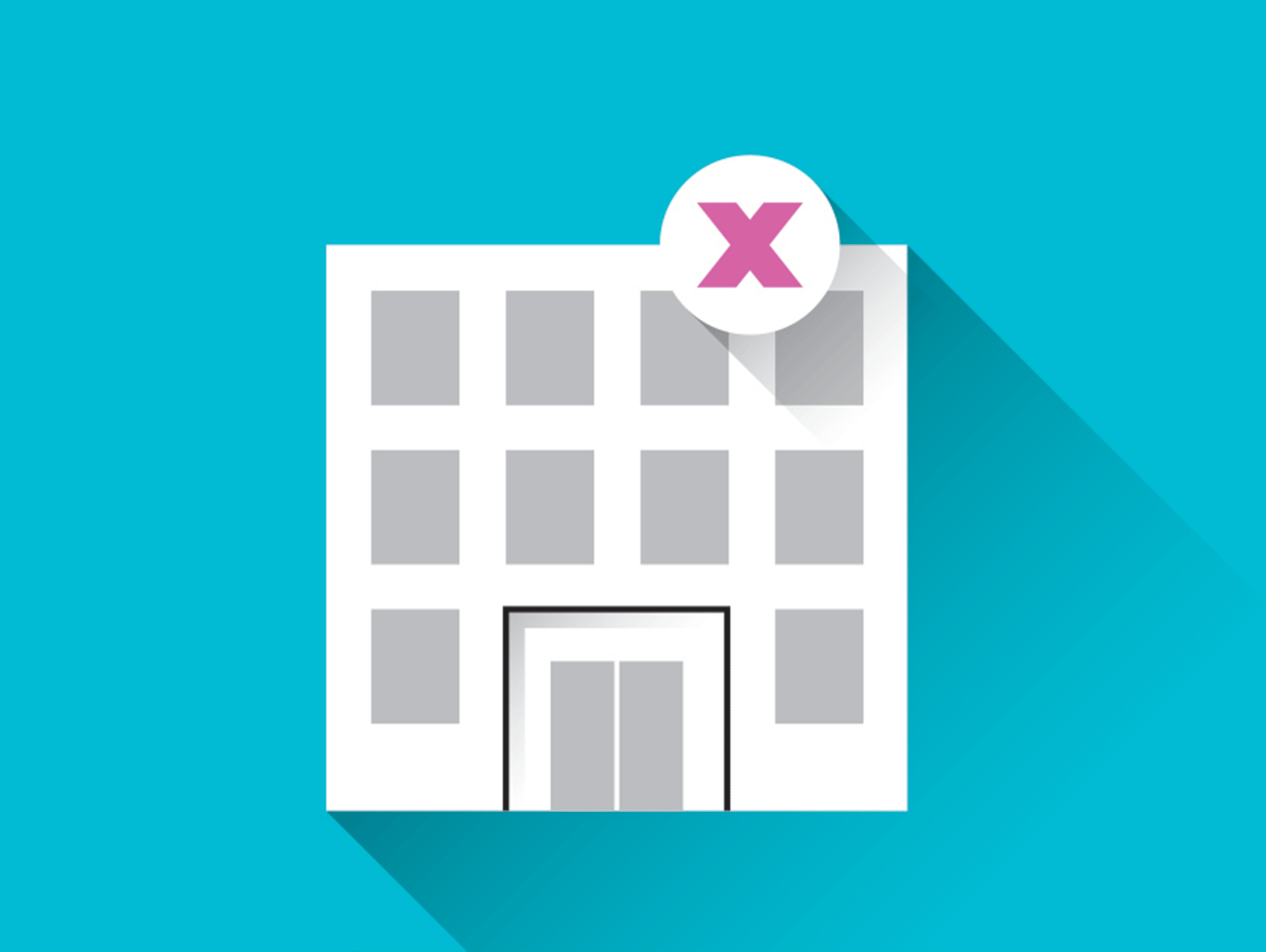
At any Elections Canada office across Canada
Go to any Elections Canada office before the Tuesday before election day, 6:00 p.m. Make sure to bring accepted ID.
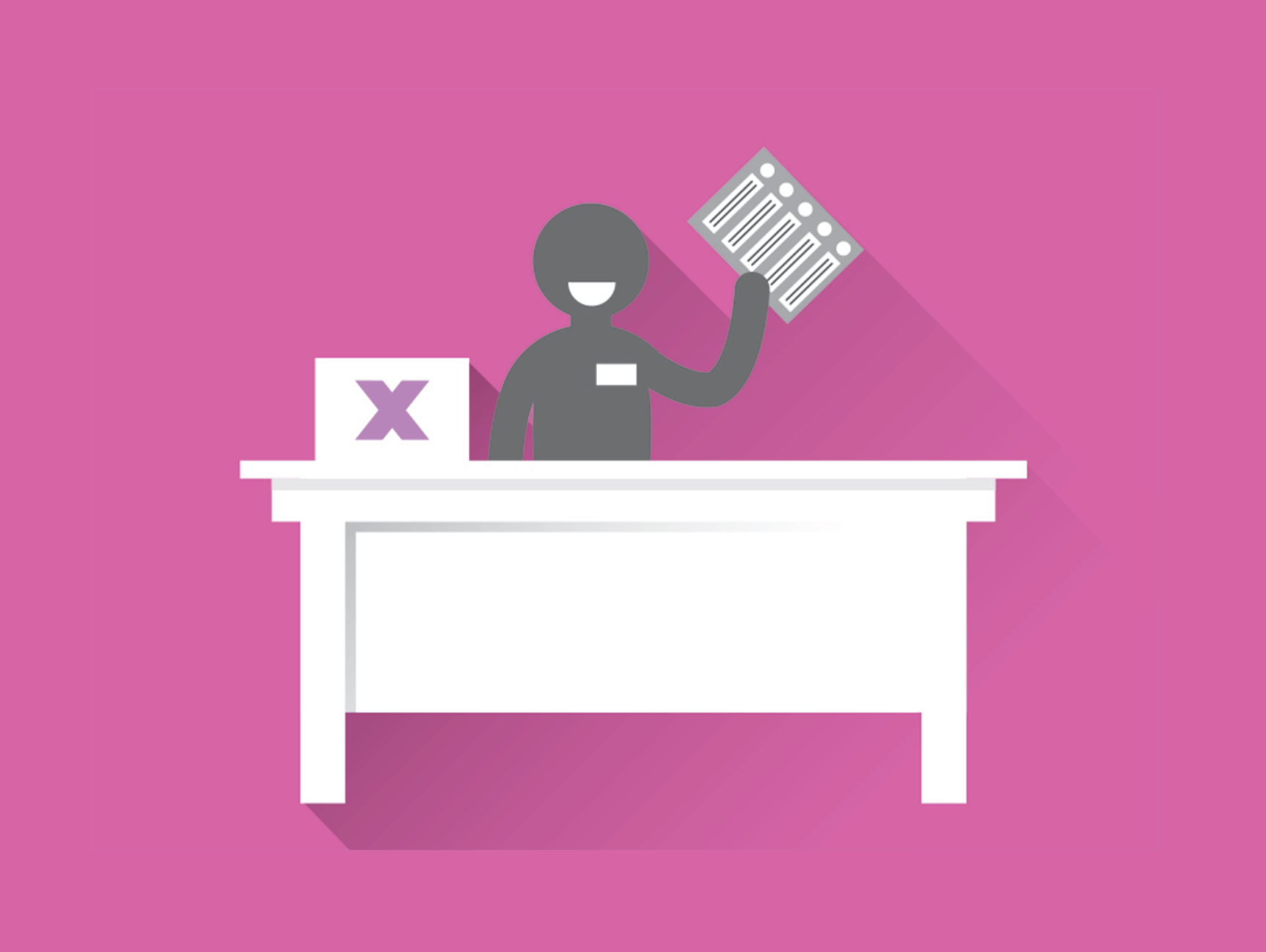
At your assigned polling station
Go to your assigned polling station on election day or advance polling days. Make sure to bring accepted ID.
How do I register online?
To register online, you can use the Voter Registration Service at elections.ca. Use this online service to register to vote, check your registration, or update your address information.
If you plan to register online, you may want to download Voting with a
Difference
, our free publication (see below) and check out pages 13–14 for
further details.
Can I still vote if I didn’t register before?
Yes! You can register at the same time as you go to vote. Remember: Registering when you go to vote at your polling station may take a bit more time. Keep this in mind when you make your plan to vote.
The Voter Information Card
Shortly after the election has been called and if you are registered to vote, Elections Canada will send you a Voter Information Card in the mail. Your card will show your name and address and will look like the image above.
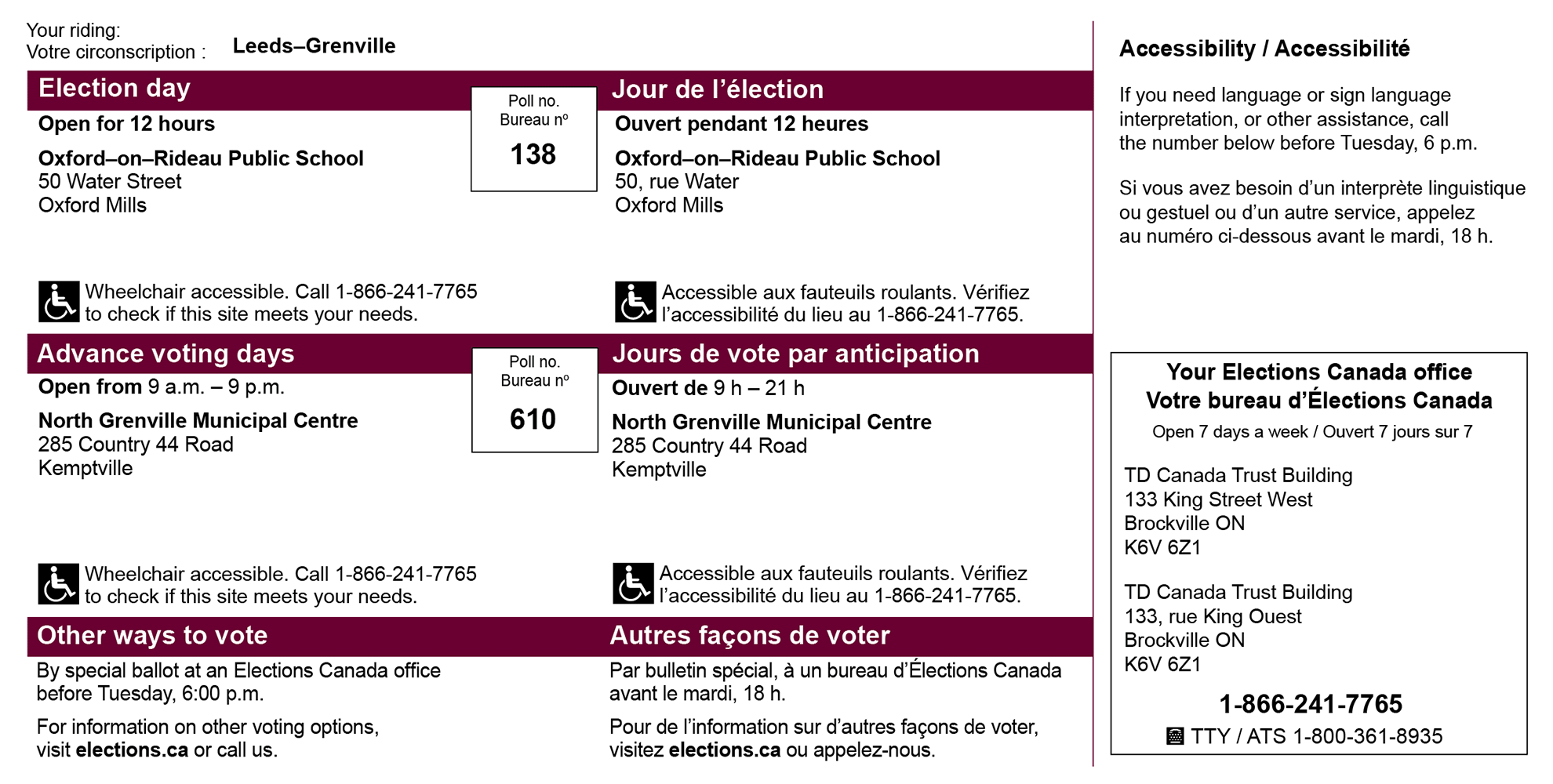
The Voter Information Card:
Tells you where and when you can go to vote.
Tells you about the physical accessibility of the place where you will vote
with an accessibility symbol. It will either tell you that your polling station
meets all 15 of Elections Canada’s accessibility criteria, or that it is
wheelchair accessible (that means the building has an entrance door that is
wide enough for a wheelchair and has level access or a ramp to the entrance).
Or, it may let you know that your polling station does not have wheelchair
access.
Helps speed up voting—it’s a good idea to bring the card with you when you
vote.
Can be used as one of two pieces of ID to vote.
If your voter information card doesn’t show an accessibility symbol for your polling station, or you aren’t clear whether the polling station will be able to meet your needs, you can call your Elections Canada office to find out using the telephone number on your voter information card. You can also find this number by entering your postal code into Elections Canada’s online Voter Information Service.
How do I contact Elections Canada?
Contact by telephone–Monday to Friday, from 9:00 a.m. to 5:00 p.m. (Eastern Time)
- 1-800-463-6868 (toll-free in Canada and the United States)
- 001-800-514-6868 (toll-free in Mexico)
- 613-993-2975 (from anywhere in the world)
Contact by TTY–Monday to Friday, from 9:00 a.m. to 5:00 p.m. (Eastern Time)
- 1-800-361-8935 (toll-free in Canada and the United States)
Contact by Video Relay Services for users of SRV Canada VRS
Contact by fax
- 613-954-8584
- 1-888-524-1444 (toll-free in Canada and the United States)
Contact by e-mail info@elections.ca
Speak with an election worker when you go to vote.
Thank you for your feedback.
Did you find this information useful?
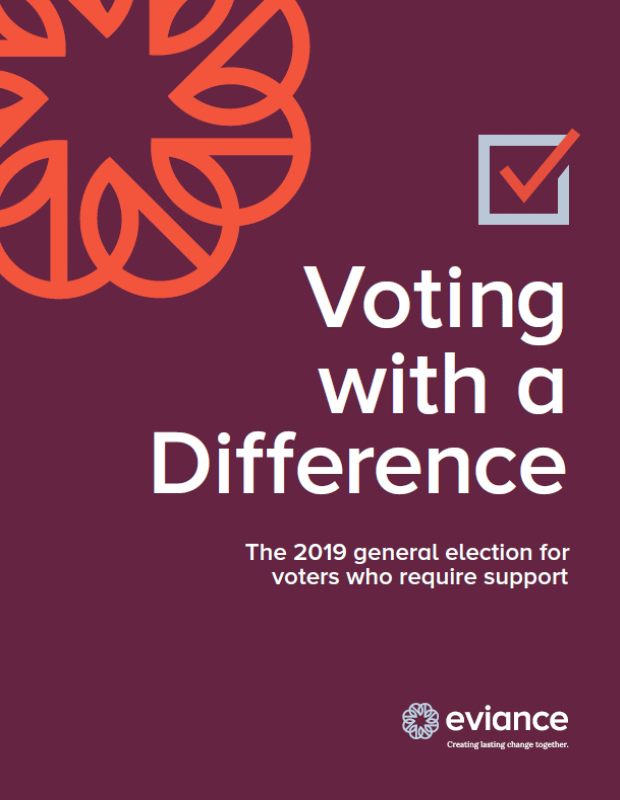
Download Voting with a Difference, our free, straightforward guide to voting in the 2019 federal election.
This will be useful to you if:
- • You need an accessible polling station or other support to vote
- • Even an accessible polling station won’t be the right option for you
- • You won’t be able to get to a polling station
- • You provide support to someone who has faced barriers to voting in the past or who will need some support so they can vote in the upcoming federal election.


